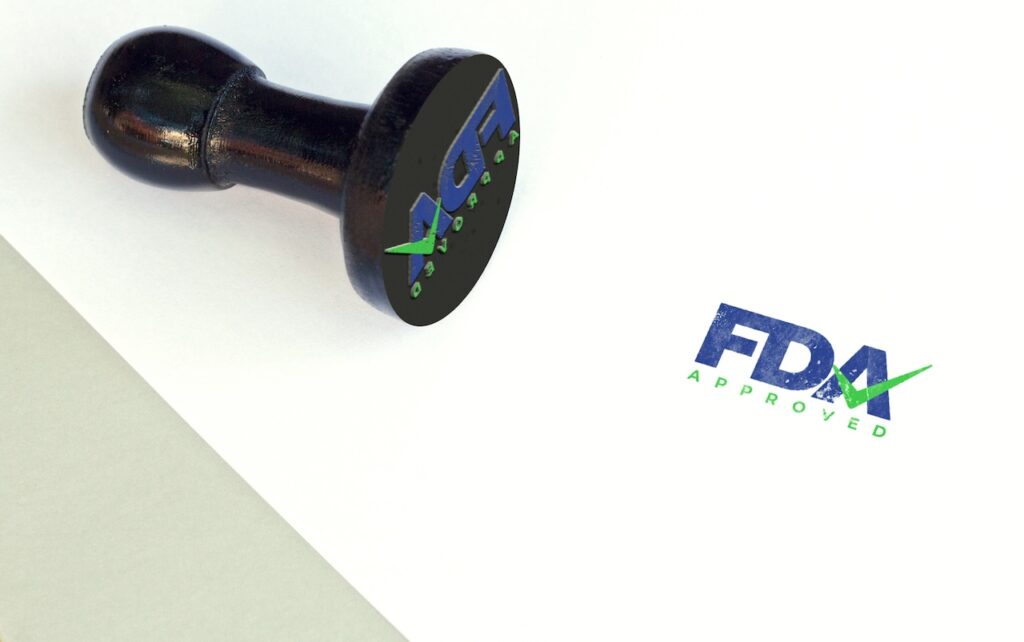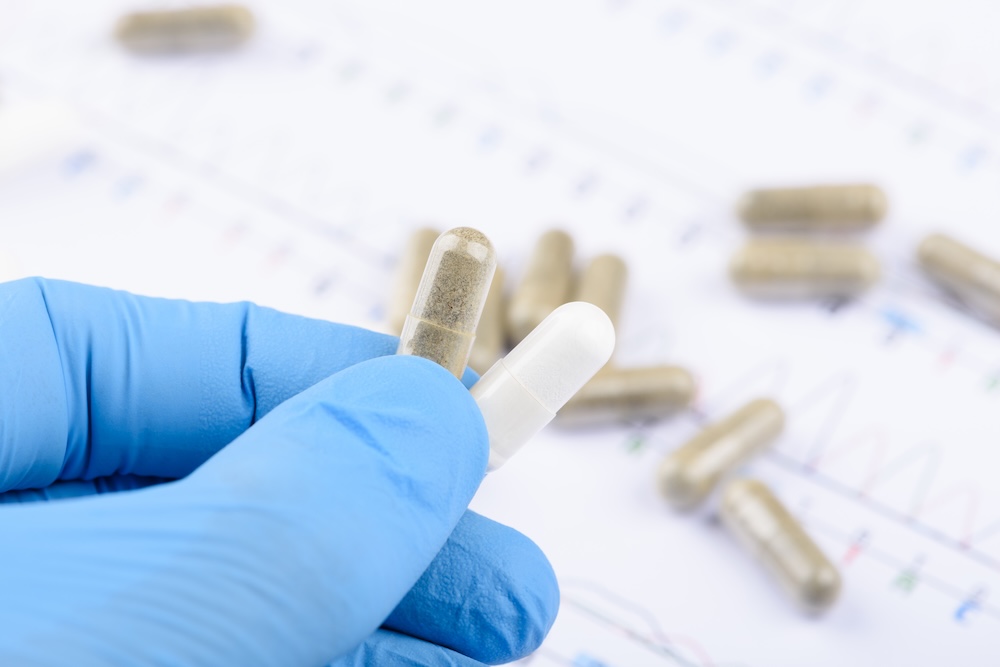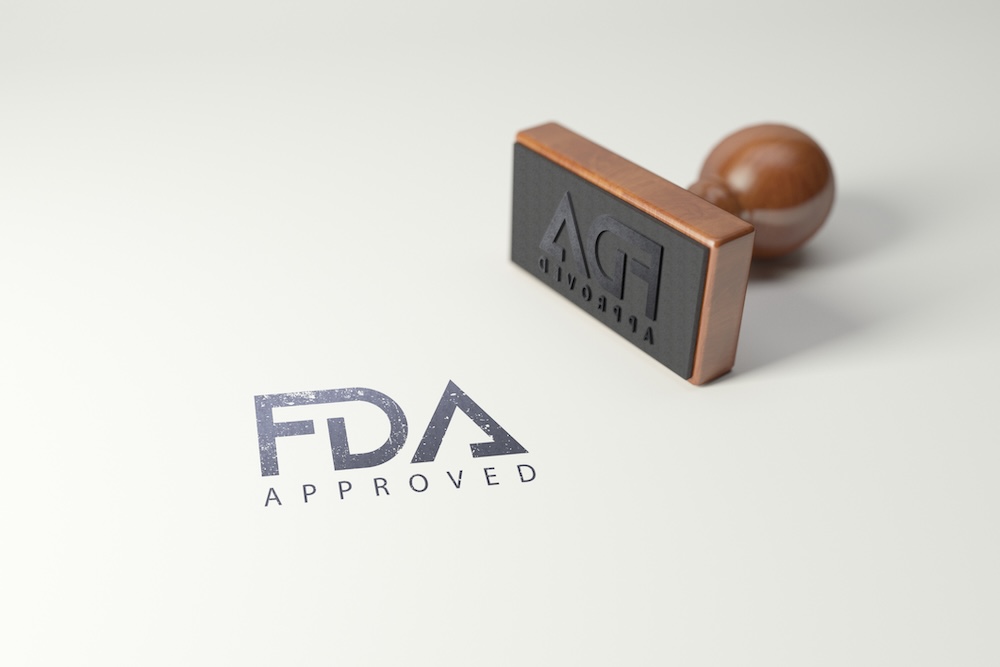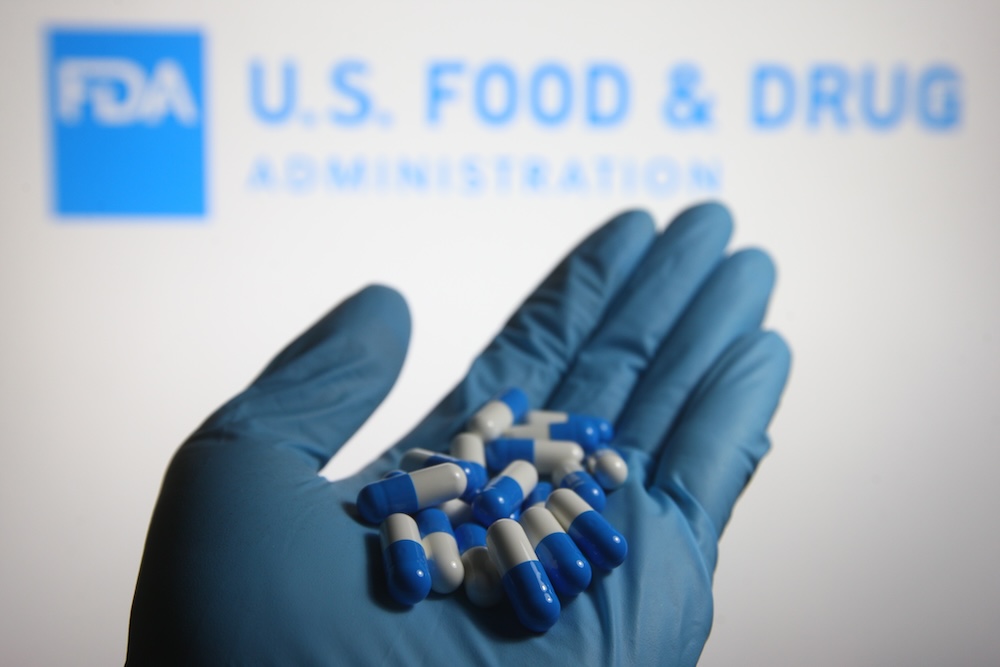Regulatory Project Management in Small Pharma: Strategies for Compliance and Success

You will find that in the pharmaceutical industry, regulatory project management is important for making sure pharma companies succeed. Think of it, if you will, as the bridge between innovation and regulatory compliance; without regulatory project management, it would be challenging to meet the requirements of regulatory bodies like the FDA. Effective project management helps […]
What is an IND?

An IND is an Investigational New Drug Application that is required by a clinical study sponsor to obtain authorization from the Food and Drug Administration (FDA) to perform human clinical studies for investigational drug or biological product. This is federally mandated, and the requirements are set forth in 21 CFR Part 312. Why are INDs […]
505(b)(1) vs 505(b)(2): Understanding the Key Differences in FDA Drug Approval Processes

The 505(b)(1) pathway is typically used for new drugs with active ingredients that the FDA has not previously approved. This pathway requires a full New Drug Application (NDA) supported by detailed safety and efficacy data from extensive preclinical and clinical trials conducted by or on behalf of the applicant. In contrast, the 505(b)(2) pathway allows […]
Understanding Bioequivalence in Generic Drug Approval

Well over 80% of medicine prescribed in the US by volume are generics. Generic substitution saves the US healthcare sector billions of dollars and makes many medicines affordable to patients. Per the US FDA, even drugs that contain the same active ingredients at the same strength utilizing the same route of administration are not considered […]
Essential ANDA Checklist: Key Steps to Streamline Your Filing Process

Abbreviated New Drug Applications (ANDAs) are submitted to the FDA to seek approval for marketing generic drugs to the US market. As listed by the current FDA GDUFA requirements, sponsors must pay $252,453 to the FDA just to file an ANDA. This filing cost is set to increase to $321,920 in 2025. If the FDA […]
Non-Clinical (animal) IND Enabling Studies: What You Need to Know

In drug development, IND enabling studies serve as a vital link between drug discovery research and the start of human clinical trials. These studies are used to compile evidence which shows a New Chemical Entity (NCE) is safe and effective before it is tested on people. Generally, they are also needed for 505(b)(2) product development, especially when a […]
NDA vs. ANDA: A Comprehensive Guide to Key Differences, Processes, and Regulatory Requirements

A New Drug Application (NDA) and an Abbreviated New Drug Application (ANDA) are the two main pathways for getting drugs approved in the United States. For pharmaceutical companies, grasping the difference between NDA and ANDA is crucial for making smart product decisions. NDAs are intended for new drugs and require detailed clinical data to prove […]

